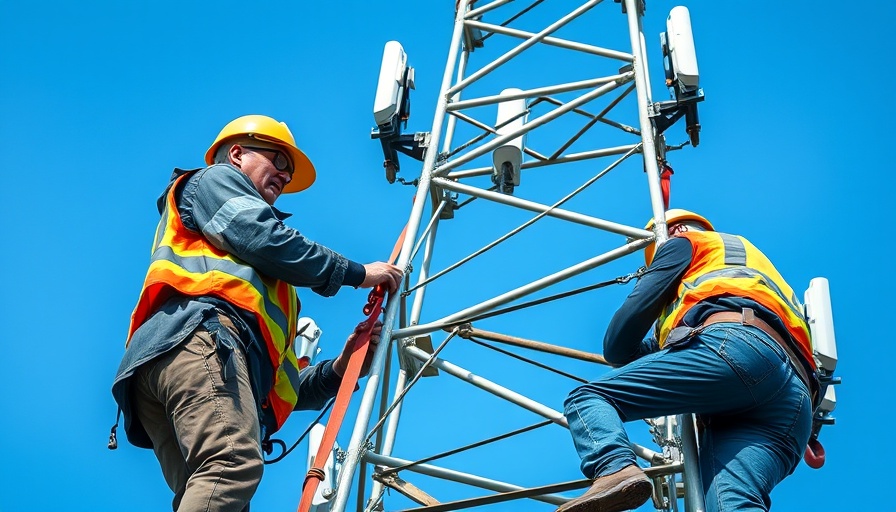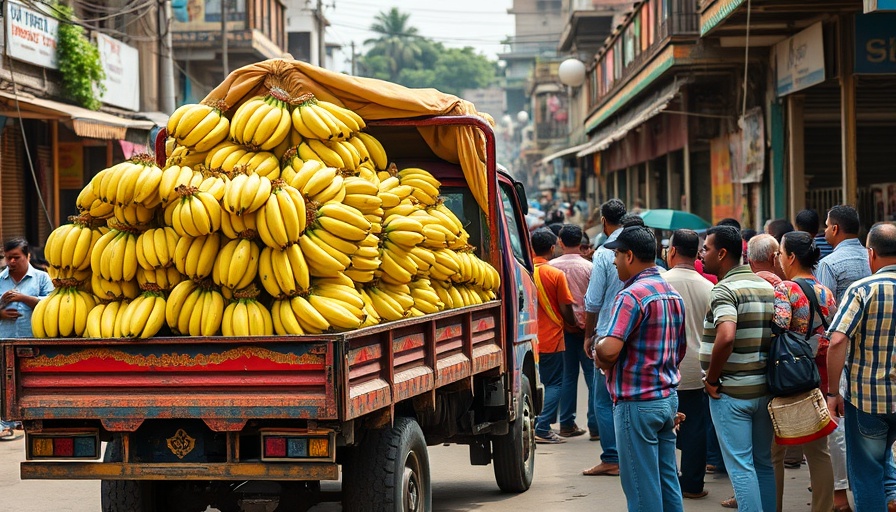
The Silent Impact of the U.S. Blockade on Cuba's Digital Landscape
Cuba faces significant challenges, particularly in the realm of communications and information technology (IT), largely due to the extensive U.S. blockade. The blockade has not only targeted basic necessities like food and medicine but also reaches deep into the digital lives of everyday Cubans. One staggering statistic reveals that damages to this sector exceeded $58 million last year alone, illuminating the rarely acknowledged repercussions of these sanctions.
Blocked Connections: A Historical Overview
Since the revolution in 1959, Cuba's communications infrastructure has suffered persistent interference. It's crucial to understand that seven telephone cables were laid between Cuba and the United States prior to the blockade, intended to enhance communication between both nations. These efforts were thwarted as the U.S. systematically blocked cable services, bringing to a halt any meaningful connection and communication resources.
The Role of Etecsa and Economic Challenges
The Cuban Telecommunications Company, Etecsa, plays a pivotal role in the island's communication system but has become the frontline casualty in this multi-layered battle. The company must allocate foreign currency to ensure access to limited Internet services based on underwater cables. If payments are delayed, critical services are suspended. This creates an environment where despite technological advancements, support and resources sail away, leaving the population disconnected and frustrated.
Recent Developments: The Fateful ARCOS-1 Cable
Another blow to Cuba's connectivity came when a potential contract with Columbus Network Limited to connect to the much-anticipated ARCOS-1 submarine cable was stalled for years, waiting for regulatory approval. Eventually, a recommendation by the U.S. Department of Justice led to a denial of the project, highlighting the lengths to which the blockade extends in crippling Cuba’s digital expansion. What might have been a bridge to the outside world instead became yet another casualty in this ongoing battle.
The Broader Implications for Cuban Society
The impacts of these communication challenges reach far beyond mere internet access. Without robust telecommunications, crucial services such as education, health care, and emergency responses become severely undermined. The blockade's grip limits opportunities for economic growth, innovation, and ultimately, improvements in the quality of life for all Cubans. In many ways, the blockade's most devastating outcomes are intangible yet deeply felt: a collective sense of isolation and uncertainty.
Facing the Future: The Need for Advocacy and Awareness
Recognizing the extent of these issues emphasizes the need for global awareness and advocacy. The situation surrounding Cuba's communications infrastructure should motivate citizens worldwide to engage in dialogues about sanctions and their ethical implications. Lowering barriers to technology can foster hope, connection, and development, which are in short supply on the island today.
In light of these insights, it’s essential for individuals and communities to remain informed and advocate for the opportunity to connect and communicate freely. The silence around Cuba’s technological struggles must be broken, catalyzing a movement toward justice and connectivity.
 Add Row
Add Row  Add
Add 




Write A Comment